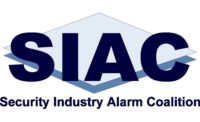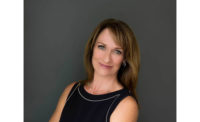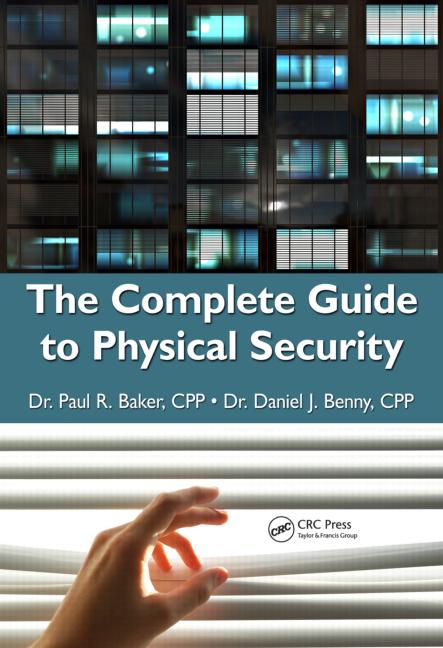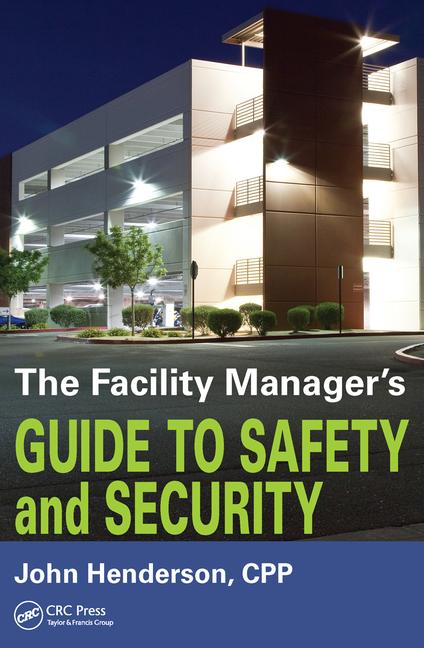
|
|
Bob Bean (left), CSAA president, poses at the CSAA Annual Meeting with Marc Chebaud, president of Euralarm. Bean said CSAA is leading a charge to bring international organizations together to discuss common issues. CSAA will host a forum for their leaders next October in Quebec City. |
Each year, it seems as though there are new technologies, new products and services, and new standards with which to cope, not to mention a plethora of new laws and regulations that will affect businesses in the coming year, and 2013 will be no different.
However, this is the modus operandi for the Central Station Alarm Association and our sister organizations. In order for our members to thrive and for us to overcome challenges, we must embrace change, and be willing to grow.
By their very nature, trade associations protect and defend the interests of their members. They seek to influence legislation favorably, and set standards with the goal of improving the industry for the greater good of the whole. We can trace this back to the dawn of time, when the Romans set manufacturing practices for military gear and road construction; through the Middle Ages, with the advent of professional guilds that created manufacturing standards that benefitted their members. They encountered challenges that are similar to those we face today such as the introduction of new materials, new manufacturing methods, new techniques, and constant change.
Today, CSAA has more than 50 active standing committees and subcommittees comprised of hundreds of volunteers and supported by a very professional staff. All are very important to the welfare of our industry, and we are constantly either adding new committees or re-prioritizing others in light of the evolving political and technological landscapes. We can’t name all of them in this article, but let me touch on just a few of these vital efforts.
• The Alarm Industry Communications Committee (AICC) is doing an admirable job in seeking out the major telcos, learning about their future plans, and determining how our industry will need to adapt in the future. AICC also helps us to keep up with federal regulatory issues that may impact the alarm industry.
• CSAA’s Automated Secure Alarm Protocol (ASAP) program is moving along well, and has been embraced by the AHJ community. However, there are many hurdles yet to overcome with this challenging, technologically complex program. The ASAP Outreach Committee is developing numerous communications’ vehicles that will help to explain the intricacies of this program to AHJs across the country. This has been a monumental effort, and we anticipate taking this important program to the next level in 2013.
• The CSAA Video Committee was formed at the CSAA Annual Meeting in October. While CSAA has been involved in creating a video standard, there has been considerable controversy over how to intersperse this technology within CSAA. There are many different views as to how this will affect the installed base of our industry, and how the interaction with the AHJs will proceed. For these reasons, CSAA has formed two video subcommittees to address these issues. The Video Managed Services Subcommittee addresses standards, future technologies, video “mapping” services, and more; the Enhanced Video Verification Subcommittee will address outreach to the AHJs with regard to the use of video in reducing false alarms, increasing capture rates, etc.
• Lastly, as a result of our online educational courses and membership outreach programs, CSAA has been in close communications with our counterpart organizations in Europe, South America, Australia and Asia. Our International Subcommittee has been visiting with these organizations, and we have been hosting them in the CSAA office when they come to the United States. Increasingly, CSAA is being seen as a leader in bringing these organizations together to discuss common issues. In fact, at our Annual Meeting in Hawaii in October, we had the opportunity to spend time with the current president of Euralarm to discuss future endeavors. It was decided that CSAA will host a forum for the leaders of these various organizations on the Saturday preceding the CSAA Annual Meeting in Quebec City next October.
In conclusion, in these challenging times, issues are never as clear cut as they will be when reviewed in hindsight. We do not have a crystal ball, but CSAA is fortunate to have some of the best minds and strategic thinkers in the industry.
SDM: What advice would you offer to someone new to the central station management role?
Becht: One of my highest values as a leader is putting people first. In this industry particularly, the metrics and the measurements are very important, but I always stress to people, if you take care of your representatives first, those other things will follow.






